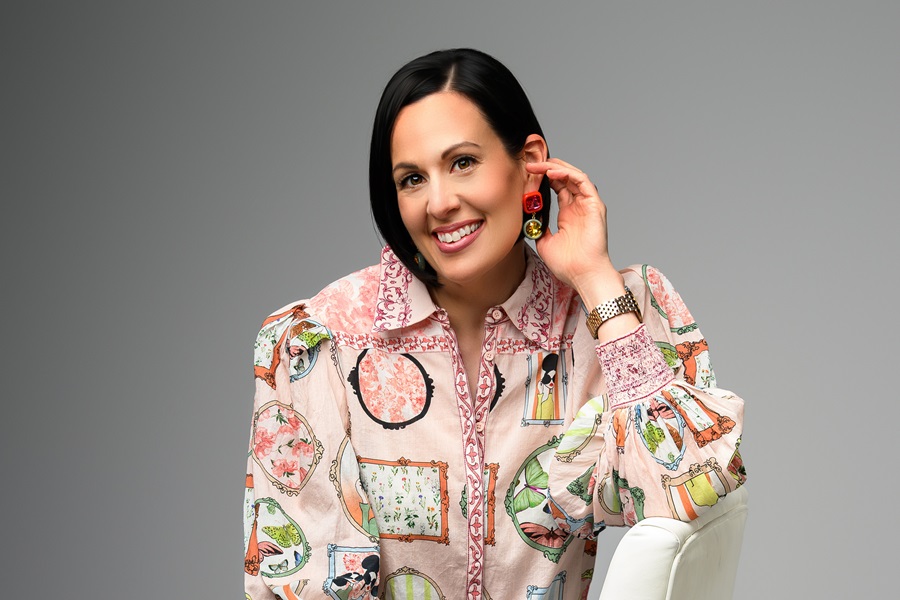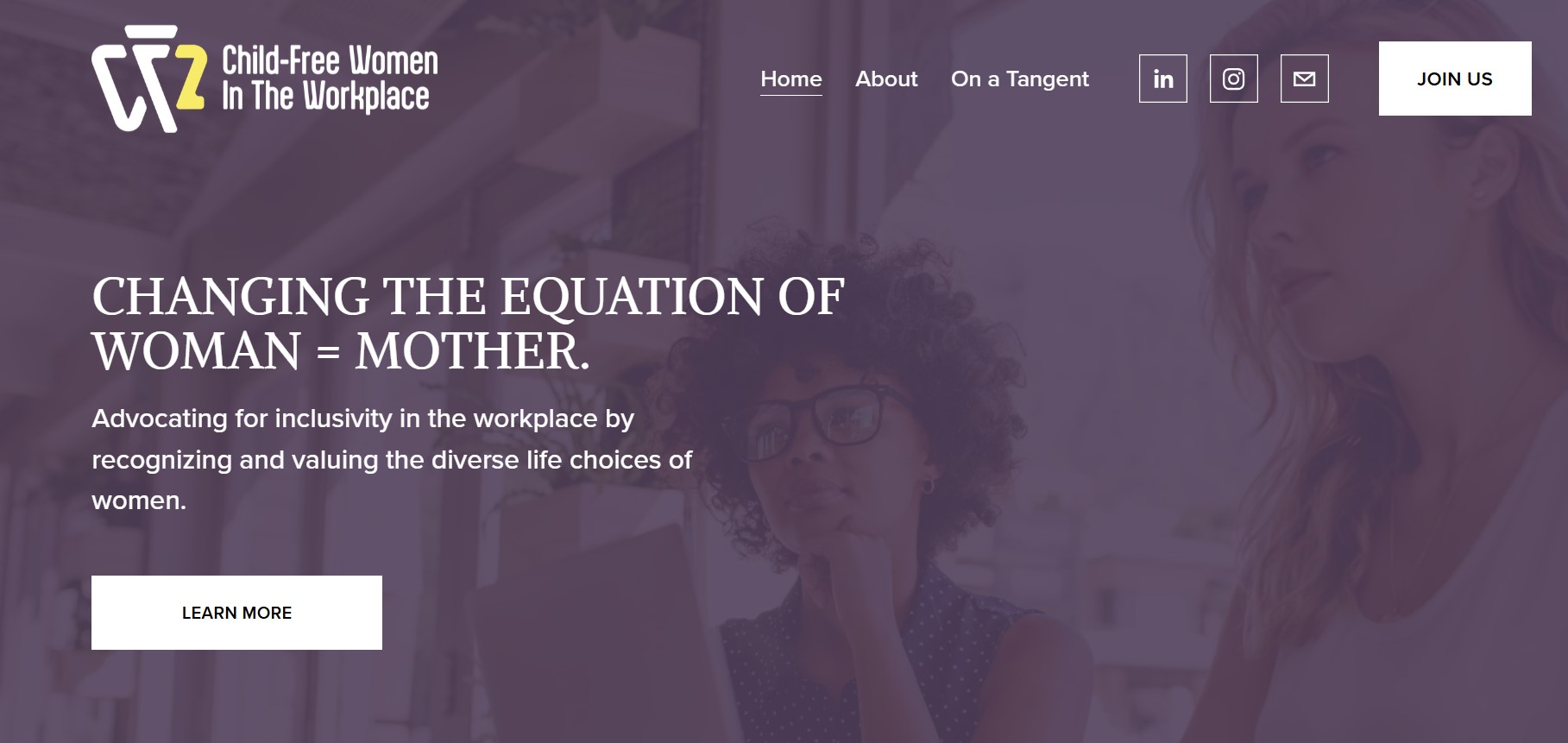Changing the equation
Child-free women still face biases and assumptions, especially in the workplace. A new online platform aims to change that
Photo: Alysia Christiaen (Photo Credit: One-12 Photography)
AS A CORPORATE lawyer, business law group partner and the chief privacy officer at Lerners LLP, Alysia Christiaen makes her living dealing with tough, demanding questions. But there is one question that throws her every time — the one she refers to as “that damn question.”
Click here to view this story in magazine format
“Do you have any kids?”
Christiaen recognizes that for many people it is posed simply as an effort to break the ice, to get to know her, to find commonality. “No, none for me — I’m child-free,” is her usual response. But it is a question that has always made her feel uncomfortable, and it turns out there are a lot of women in the workplace who feel the same way.
Story Continues Below
This past October, Christiaen launched Child-Free Women in the Workplace, an online community for professional women without children to share their experiences. But more than that, the platform also aims to raise awareness of the child-free perspective, to promote workplace policies that are inclusive of child-free workers and to provide resources for people of all genders who are child-free by choice or circumstance, and for those who may be deciding whether to have children.
There seems to be a societal expectation that all women want children, says Christiaen. But many, like her, are child-free by choice. “I feel fulfilled and happy, and enjoy the flexibility and freedom, but I worry that I will be judged as selfish, career-focused or less than for not having kids.”
“I feel fulfilled and happy, and enjoy the flexibility and freedom, but I worry that I will be judged as selfish, career-focused or less than for not having kids” —Alysia Christiaen
At its heart, CFW2 is about changing the equation of woman-equals-mother, Christiaen explains, and giving voice to the fact that it is not a given that motherhood will be part of a woman’s identity. “We should be celebrating people’s choices, whatever they may be,” she says.
To do so, Christiaen believes it is necessary to reshape perceptions to create more inclusive, understanding workplaces, and to address workplace policies and customs that, by design or not, treat people with and without children differently. By way of examples, she points to how workers with children are often given priority for booking holiday time; how child-free workers are often the first to be tapped for after-hours, weekend or out-of-town work; and in organizations that offer health benefits, how the value is higher for a worker with dependents.
“I think more and more of the workforce is going to be child-free, and employers need to think about that,” she says. “Family-friendly policies are still needed, but employers also need to create workplace policies to attract and retain child-free workers. People without kids also need work-life balance and time off to care for family members.”
Story Continues Below
While CFW2 is still in its infancy, it has already engaged women from beyond London. There is no cost to be a member, and Christiaen envisions building a broadly inclusive community where members share their thoughts, contribute to blog posts and eventually have in-person meetups. She is also keen to do podcasts and speak with employer groups as she advocates for inclusivity and the understanding of the child-free perspective.
As a starting point, Christiaen suggests ditching “that damn question” in favour of simply saying, “Tell me about your family.” It’s likely to start a great conversation, she says. “It may look different for each of us, but having a family is something that every single one of us has in common.” ![]() Kym Wolfe
Kym Wolfe


